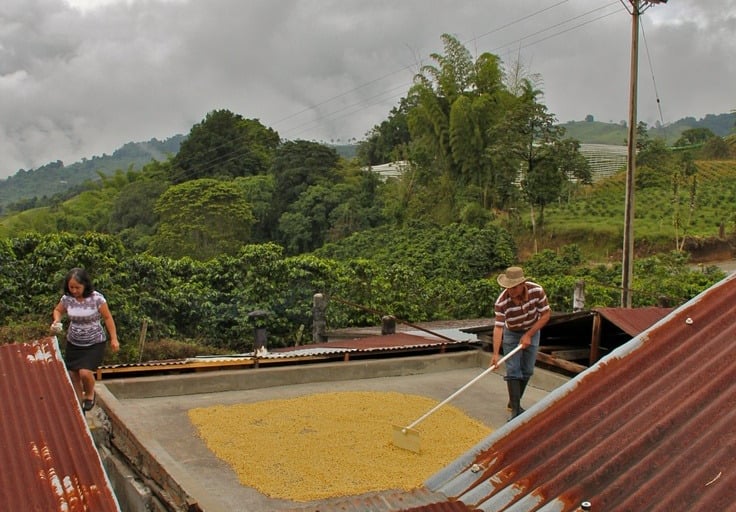Discover our mountain coffee, enjoy discounts!
Sustainable Coffee Practices in Colombia: A Model for the World
7/11/20252 min read


Introduction to Sustainable Coffee in Colombia
Colombia's coffee is renowned not just for its rich flavor, but increasingly for its commitment to sustainability. Coffee farming in Colombia has evolved significantly, with numerous growers adopting innovative practices that not only protect the environment but also enhance the quality of the coffee beans. As global awareness around sustainable agriculture amplifies, Colombia stands at the forefront of this movement, providing a model for other coffee-producing regions around the world.
Shade-Grown Coffee: A Guardian of Biodiversity
One of the key sustainable practices being implemented by Colombian coffee farmers is shade-grown coffee cultivation. This method involves planting coffee crops under the canopy of native trees, creating lush, forest-like ecosystems that foster a diverse range of flora and fauna. These ecosystems not only help to preserve biodiversity but also significantly reduce the necessity for chemical pesticides. The presence of shade trees helps regulate temperature and humidity, creating an optimal environment for coffee plants while also supporting local wildlife, thus promoting ecological balance.
Water Conservation Efforts in Coffee Processing
Another area where Colombian coffee farmers are showing leadership is in water conservation. Traditionally, coffee processing has been notorious for its high water usage, which can often be detrimental to local water resources. Thankfully, with the introduction of eco-pulping machines and dry fermentation techniques, farms in Colombia are achieving impressive results in reducing water consumption. Some farmers report decreases in water usage by up to 80%, showcasing that it is indeed possible to produce high-quality coffee with a smaller environmental footprint. This shift not only conserves vital water resources but also exemplifies how innovation can align agricultural practices with sustainability goals.
Through these practices, Colombian coffee farmers demonstrate that it is not only possible to cultivate high-quality coffee but also to do so in a way that actively restores and protects the environment. As consumers increasingly seek out sustainably sourced products, Colombia's dedication to implementing eco-friendly practices sets an exemplary standard for the global coffee industry.
Conclusion: The Future of Coffee Farming
In conclusion, sustainable coffee practices in Colombia serve as a beacon of hope for the future of agriculture. By embracing techniques that prioritize ecological balance, Colombian coffee producers are not only enhancing the flavor and quality of their beans but also making a profound impact on their communities and the planet. As the world continues to grapple with climate change and environmental degradation, Colombia's approach to sustainable coffee can inspire other coffee-producing nations to adopt similar eco-conscious methods, ultimately paving the way for a greener, more sustainable future.



